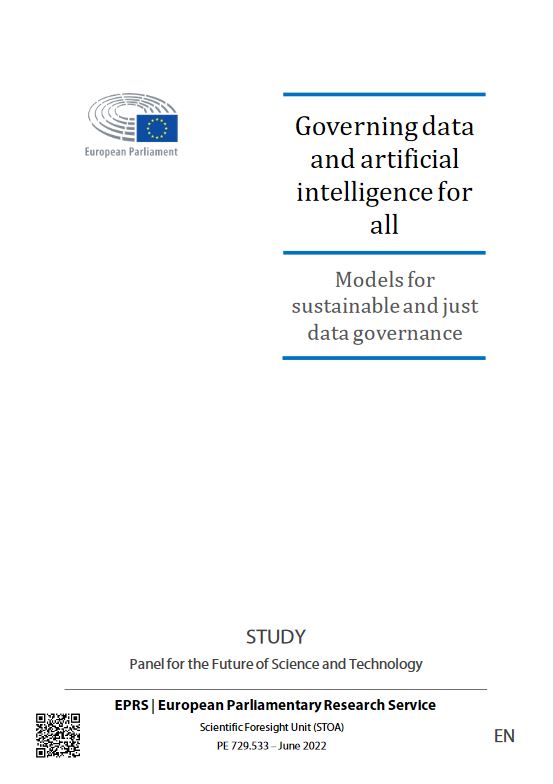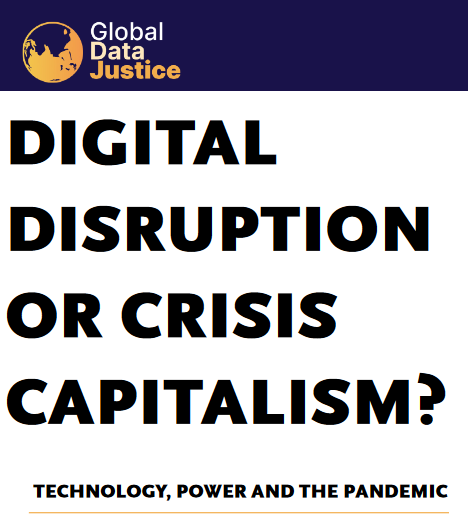
Re configuring data governance: Insights from India and the EU
This policy paper is the result of a workshop organised jointly by the Tilburg Institute of Law, Technology and Society, Netherlands, the Centre for Communication Governance at the National Law University Delhi, India and the Centre for Internet & Society, India
- 2024















